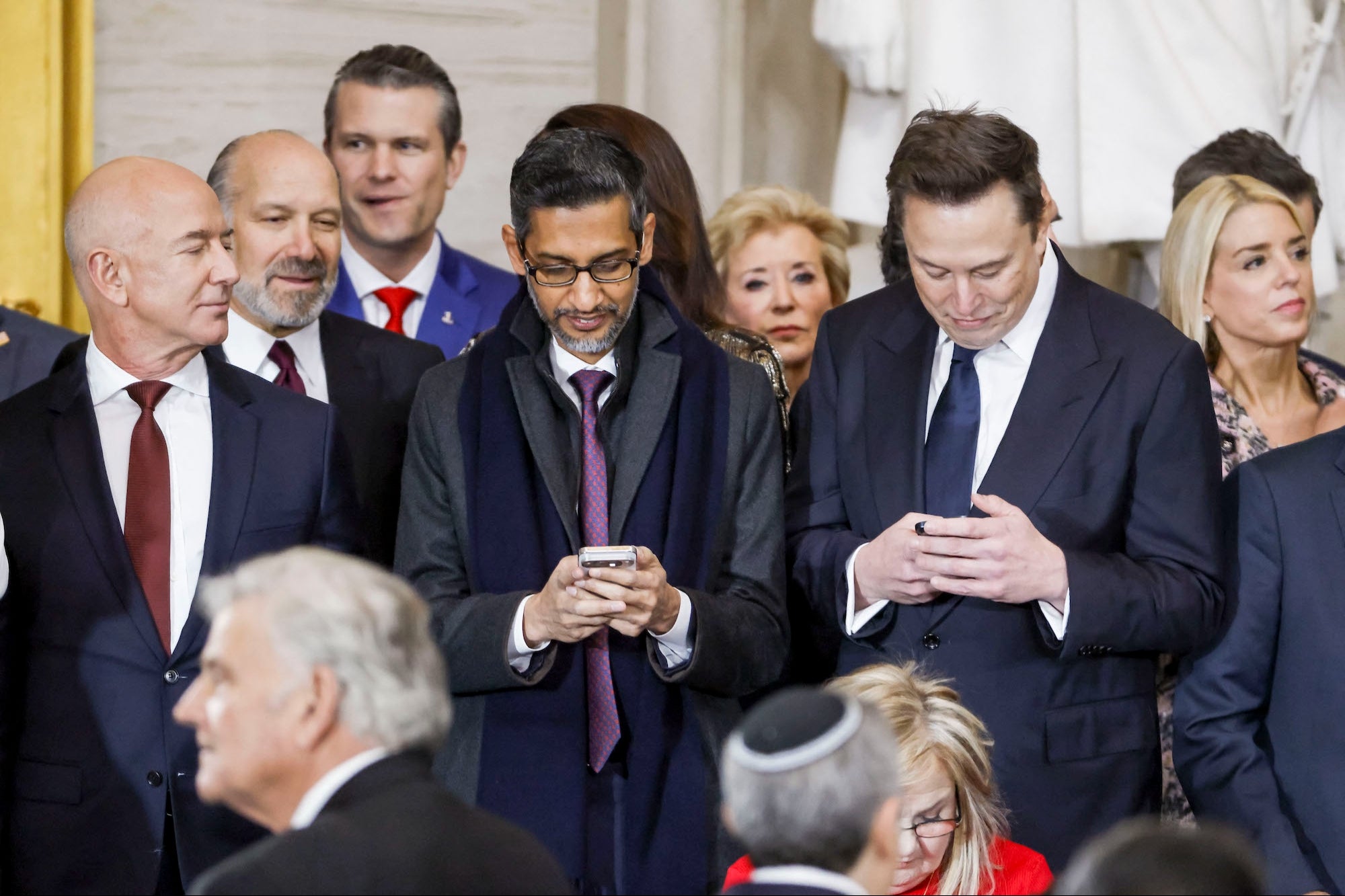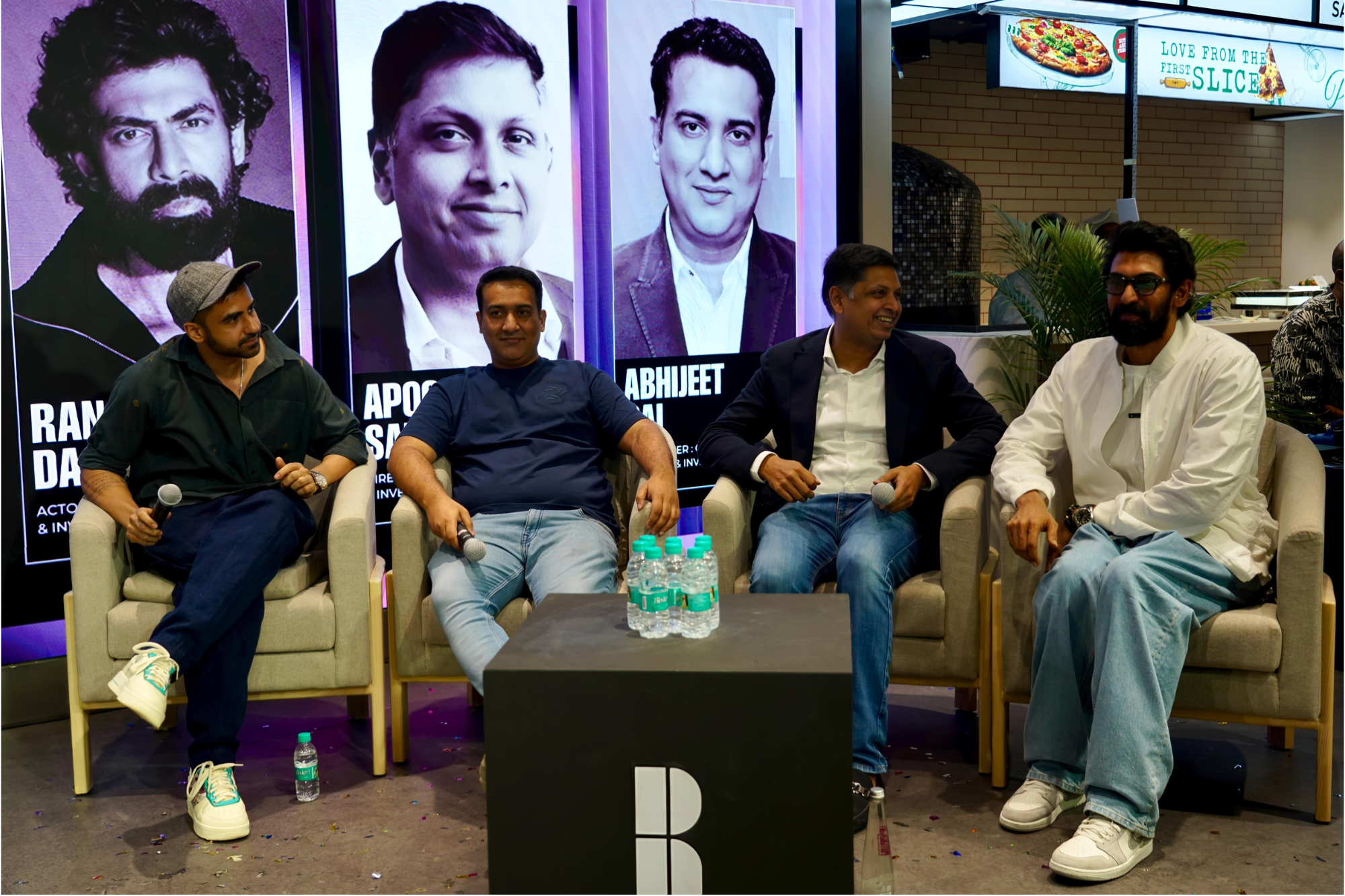Kolte-Patil Developers: Making Real Estate 'Smart' Working on its smart infrastructure solutions, the company is moving towards digital integration
Opinions expressed by Entrepreneur contributors are their own.
You're reading Entrepreneur India, an international franchise of Entrepreneur Media.

Real estate sector has witnessed an exponential shift when it comes to digital integration. Until recently, smart technologies were generally viewed by real estate developers as instruments to increase efficiency behind the scenes. Now, things are changing.
Working on its smart infrastructure solutions, Kolte-Patil Developers partnered with Planet Smart City, a UK-based developer and proptech player. "Together, we are developing 15,000 housing units across Mumbai, Pune and Bengaluru with state-of-the-art technologies that are actively reshaping the proptech landscape in India," said Rahul Talele, Group CEO, Kolte-Patil Developers Ltd.
By leveraging the Internet-of-things (IoT), these housing units will feature innovative smart infrastructure solutions. From sensor-based automated water management to electricity conservation to controlling lights, water pumps, among other facilities, the idea is to offer sustainable technology which helps in elevating the overall livability quotient.
The year 2022 is going to be a crucial year for the sector as the Reserve Bank of India (RBI) has increased the repo rate which will have an impact on home loan rates.
To give value-added deals to its customers, Kolte-Patil Developers has partnered with Tata Power to offer EV charging stations. "This is to expedite the transition to electric mobility while contributing to make the future greener and sustainable. By this partnership, EV owners across KPDL properties will have access to 24x7 charging infrastructure. It will have monitoring and payment facilities through TATA Power's EV charging mobile app," said Talele.
Sensor data and high-tech command centers have promised to revolutionize new methods of managing complicated operations and automating infrastructure systems. There are numerous smart technologies employed to provide the project an advantage, such as photovoltaic solar panels, which harness solar energy and minimize energy consumption, resulting in lower electricity costs. Its properties are equipped with mercury vapor light bulbs. These smart lighting consumes 70 per cent less energy.
"Additionally, we are exploring the possibility of solar bricks, which are glass bricks that contain solar cells, a battery and LED lights. Smart irrigation for urban gardens and child tracker programmes are our other offerings. Furthermore, real-time information is being put into the hands of residents with our apps, empowering them to make better decisions and play a more active role in shaping the community's overall performance," the CEO added.
The company is actively working towards reducing dependency on non-renewable with the goal to preserve value resources while enhancing the organizational value. "In order to decrease water waste, we have installed cutting-edge sewage treatment facilities for recycling and reusing water. We have a waste treatment plant for treating drinking water and we also have drought-tolerant horticultural species planted inside our complexes. We have committed to invest about 25 per cent of our project landscape in green space."
The demand for residential assets is increasing as home-buyers have realigned their priorities to invest in an asset that is less volatile to market fluctuations. The company recorded the highest ever sales value of INR 1,739 crore in FY22 with a 45 per cent y-o-y increase. Similarly, sales value of INR 445 crore was recorded during Q1 FY23, with 79 per cent y-o-y growth.
"While the ongoing impact may seem like it is disrupting the demand, however, this is not the case. The demand has only increased after the repo rate hike. Affordability is a function of wage growth, Interest rates and increase in home prices. It is still the best in recent times," Talele added.












